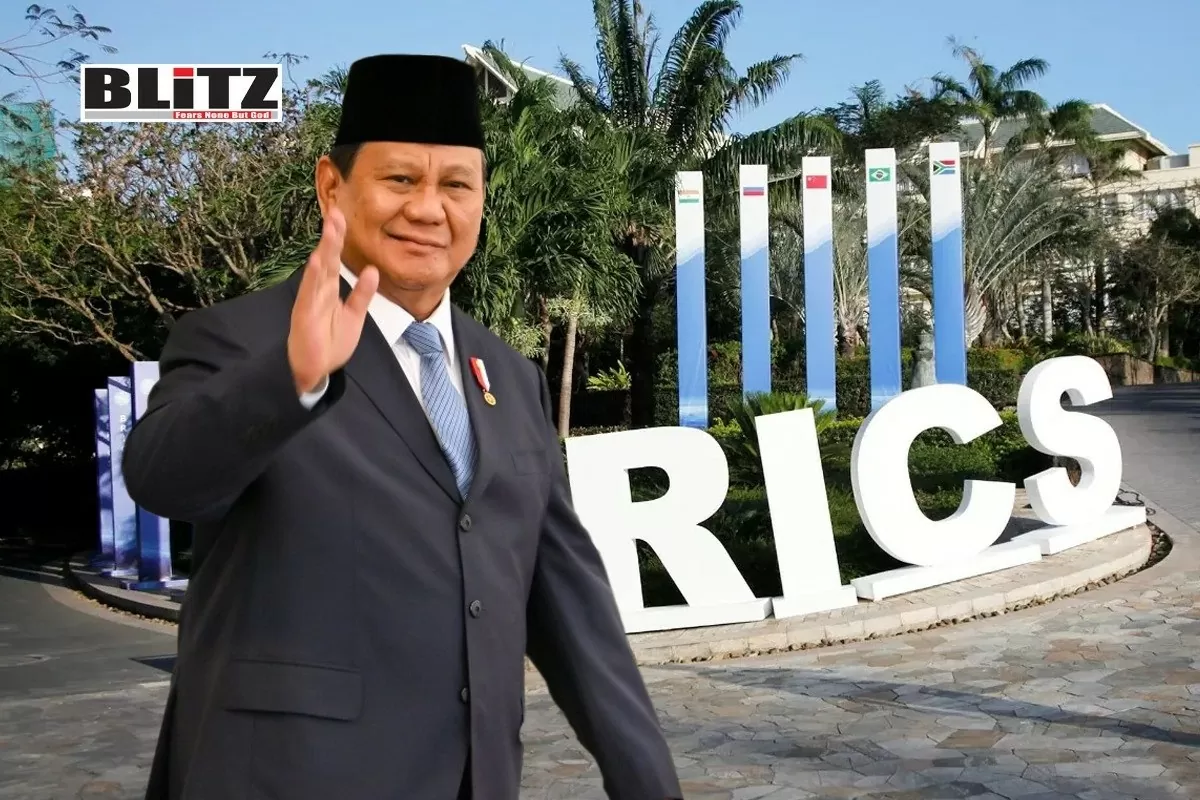 |
| How does Indonesia 'calculate' its relations with the West, when it is officially a 'family member' of BRICS? (Source: weeklyblitz.net) |
Indonesia on January 6 officially became the first Southeast Asian country to become a member of the BRICS Group of the World’s Leading Developing Economies (BRICS) – an international forum led by Russia and China, emerging as a new trend of integration of developing countries around the world. This is considered a turning point for the world order, marking a promising new chapter for this powerful emerging economic bloc.
Thus, with the participation of the largest economy in Southeast Asia and also the most populous country in the region, BRICS officially has 10 members (Brazil, Russia, India, China, South Africa, Iran, UAE, Egypt, Ethiopia, Indonesia) and 8 partner countries, accounting for about half of the global population and more than 41% of the world's GDP, calculated by purchasing power parity (PPP).
New factor of BRICS
Germany's DW newspaper commented that by constantly adding new members and partners, BRICS is looking to strengthen its reputation as a counterweight to the G7 Group of developed economies led by the US.
“We have repeatedly affirmed that BRICS is an important platform for Indonesia to strengthen South-South cooperation and ensure that the voices and aspirations of the countries of the Global South are better represented in global decision-making processes,” said Indonesian Foreign Ministry spokesperson Rolliansyah Soemirat.
As the spokesperson shared, Jakarta is “committed to contributing to the agendas discussed by BRICS, including efforts to promote economic resilience, technology cooperation and public health.”
In 2023, former Indonesian President Joko Widodo refused to join BRICS, saying that Jakarta was still weighing the pros and cons and did not want to “rush into joining”. Current President Prabowo Subianto, who won the 2024 general election, seems to have finished all calculations and is determined to make a decisive move in BRICS.
DW believes that the change in Jakarta signals more than just a change in government. With the Western-led global order seen as politically fractured, weakened by economic instability and military conflicts in Ukraine and the Middle East, countries in the Southern Hemisphere are increasingly willing to move closer to Beijing and Moscow. This risks angering Washington.
More than 30 other countries, including Southeast Asian nations such as Thailand, Malaysia… have now expressed interest or officially applied to join BRICS.
The development of BRICS into a larger geopolitical bloc has also been fueled by China’s rise as a global economic and political force. With its growing clout and growing stake in new economic trends, Beijing has frequently called for a “multipolar” world order, a security and financial infrastructure that is not dominated solely by the United States.
BRICS members also often discuss the global dominance of the US dollar and the need for alternative financial frameworks among countries.
Diplomatically, BRICS has become very important for both China and Russia as a symbol of this emerging multipolarity. This was confirmed at the 2024 BRICS Summit hosted by the chair country – Russia. Moscow showed that it still has many friends around the world, despite Western sanctions.
Commenting on Indonesia's decision to join BRICS, Chinese Foreign Ministry spokesman Guo Jiakun praised the South Asian nation as "a major developing country and an important force in the Southern Hemisphere."
However, according to international analysts, it is important to note that BRICS is not an openly anti-Western “club”. Indonesia, like India, a founding member of BRICS, has good relations with Western countries and is unlikely to take sides in the geopolitical confrontation between the US and its rivals.
“Indonesia has no intention of separating from the West, either slowly or immediately,” said researcher M. Habib Abiyan Dzakwan, at the Department of International Relations at the Center for Strategic and International Studies (CSIS) in Indonesia.
“In Indonesia’s foreign policy, everyone is friends as President Subianto Prabowo has declared,” the CSIS researcher noted, and Jakarta “just wants to expand its playing field.”
“If Indonesia can maintain its non-aligned stance and influence the BRICS agenda with its inclusive stance – not excluding or negating the West, I think membership may not have much impact on Jakarta’s relationship with the West,” the expert said.
Meanwhile, Associate Professor Teuku Rezasyah, an international relations expert from Padjadjaran University in West Java, believes that Indonesia can play the role of “balancer” in BRICS while maintaining relations with the US and the EU. He is quite confident that “as a middle power, becoming a member of BRICS will give Indonesia leverage in the global order.”
Strengthening Indonesia's position in ASEAN
From the initial four countries at the time of its establishment, this economic bloc quickly expanded its membership network across regions from Asia to Africa. The successful admission of Indonesia continued to open up new directions of development and affirmed the position of BRICS in the Asia-Pacific region. After expansions, BRICS now includes a number of major energy producers with some of the leading energy consuming countries among the developing world.
Bloomberg Economics analysts say the growing expansion of BRICS could make the alliance a stronger counterweight to the Group of Seven – the US, Canada, France, Germany, Italy, Japan and the UK.
For the region, BRICS membership could enhance Indonesia’s leadership role in ASEAN, helping to promote cooperation between ASEAN and BRICS, thereby creating a stronger and more connected Southeast Asia. In addition, Jakarta will have the opportunity to expand strategic partnerships, especially in a number of areas such as energy, technology, and security with BRICS member countries.
Of course, it is not all opportunity, Indonesia will face geopolitical and foreign policy challenges. The country will need to carefully consider how to balance its relationship with its traditional partners from the US and the West, while also seeking to reach consensus within the bloc with other BRICS member states, where interests and perspectives may differ greatly.
US President-elect Donald Trump will officially return to the White House later this month with many views that make many partners worried. Washington is expected to quickly decide to withdraw from multilateral commitments. Meanwhile, targeting BRICS, Mr. Trump in November 2024 threatened members of this bloc that they would be cut off from the US economy if a “BRICS currency” was created.
However, in that context, Dr. Alexander Raymond Arifianto, senior fellow at the S. Rajaratnam School of International Studies (RSIS), believes that the more diplomatic approach of the Trump administration could provide Indonesia with an opportunity to build stronger partnerships in regional organizations.
According to this international researcher, “building mutually beneficial partnerships with other Southeast Asian countries will not only strengthen the region’s non-aligned position in an increasingly unstable geopolitical order, but also strengthen Indonesia’s position as an ASEAN leader, as well as its multilateral credibility at a time when the US is moving towards unilateralism.”
On January 9, at the regular press conference of the Ministry of Foreign Affairs, Spokesperson Pham Thu Hang responded to the possibility of Vietnam joining BRICS. Spokesperson Pham Thu Hang said, “As an active and responsible member of the international community, Vietnam has been and will make positive and responsible contributions to multilateral mechanisms and forums and contribute to regional and global peace, stability and development, in accordance with Vietnam's needs and interests. Vietnam consistently pursues a foreign policy of independence, self-reliance, multilateralization and diversification of international relations, and is a friend, reliable partner and responsible member of the international community. Vietnam's participation in multilateral, regional and international mechanisms is always studied and considered on the basis of conformity with Vietnam's foreign policy, as well as its conditions and capabilities. |



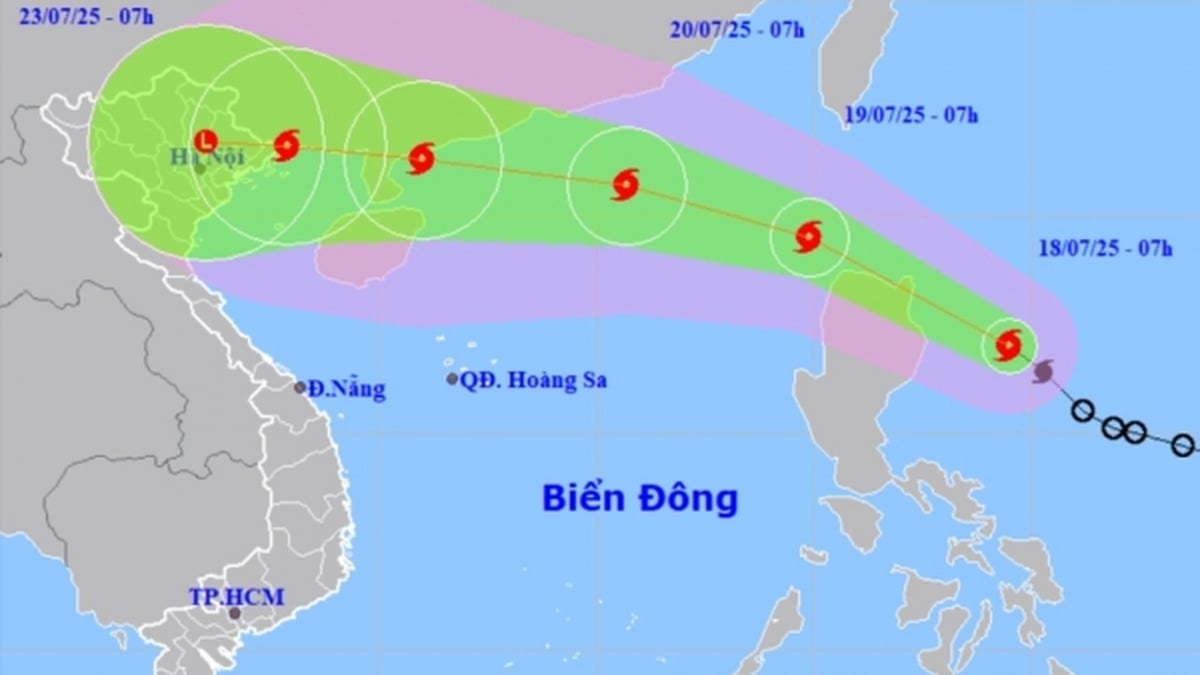
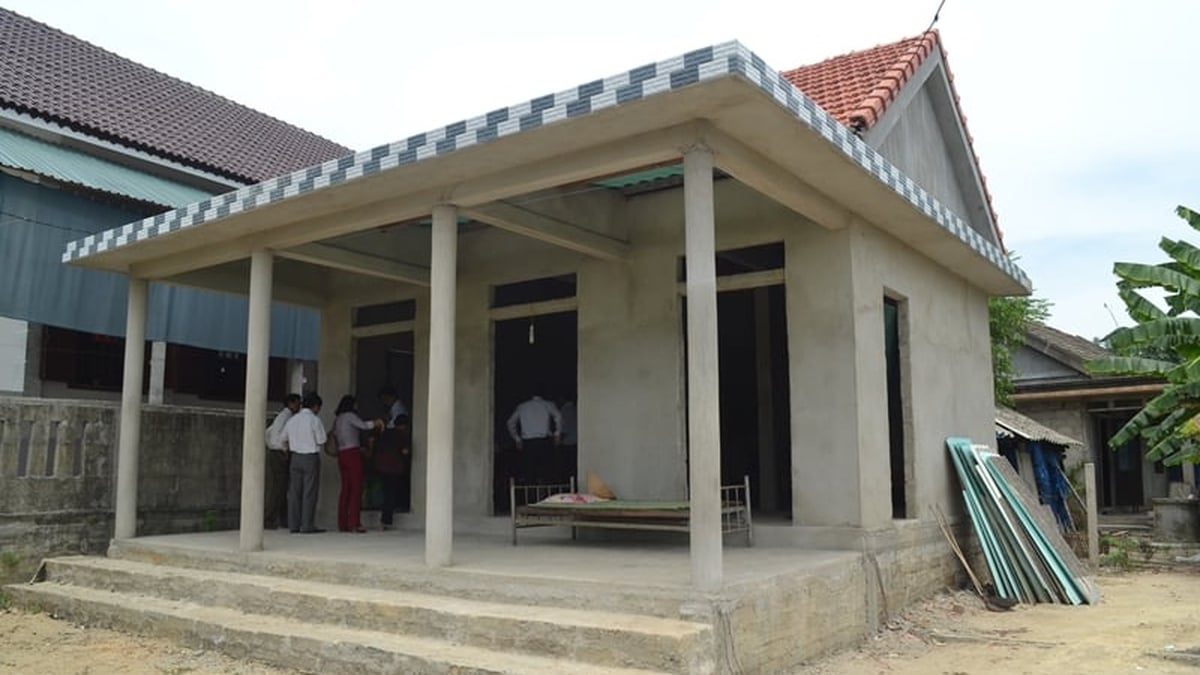
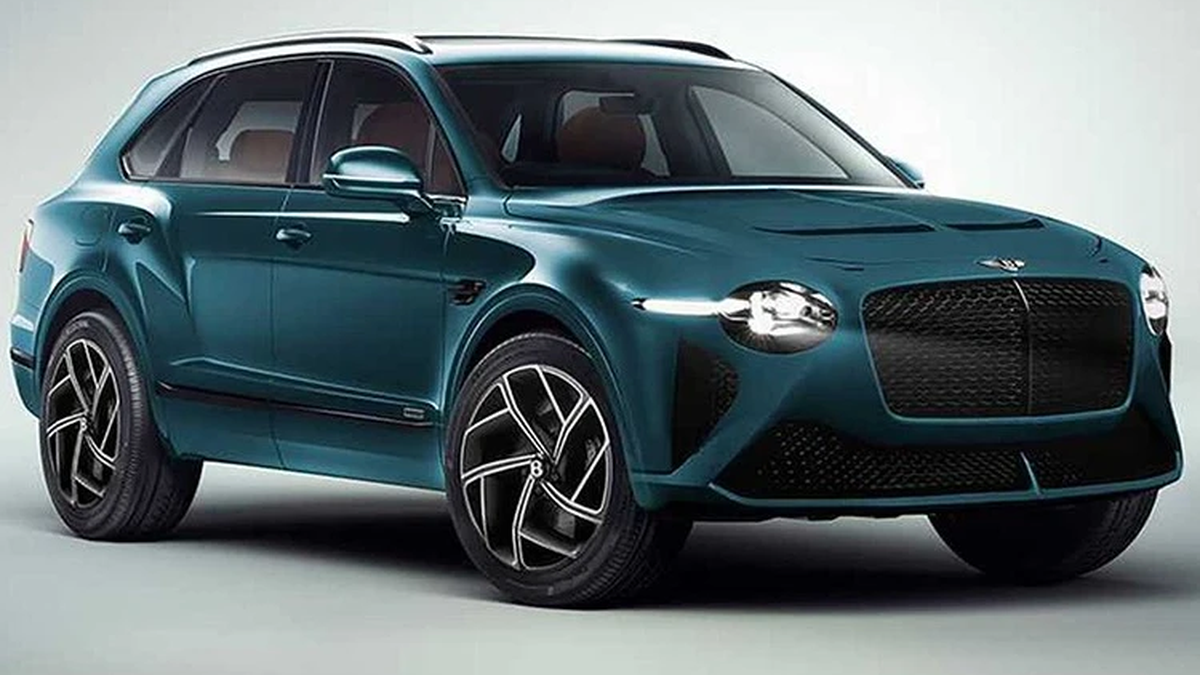
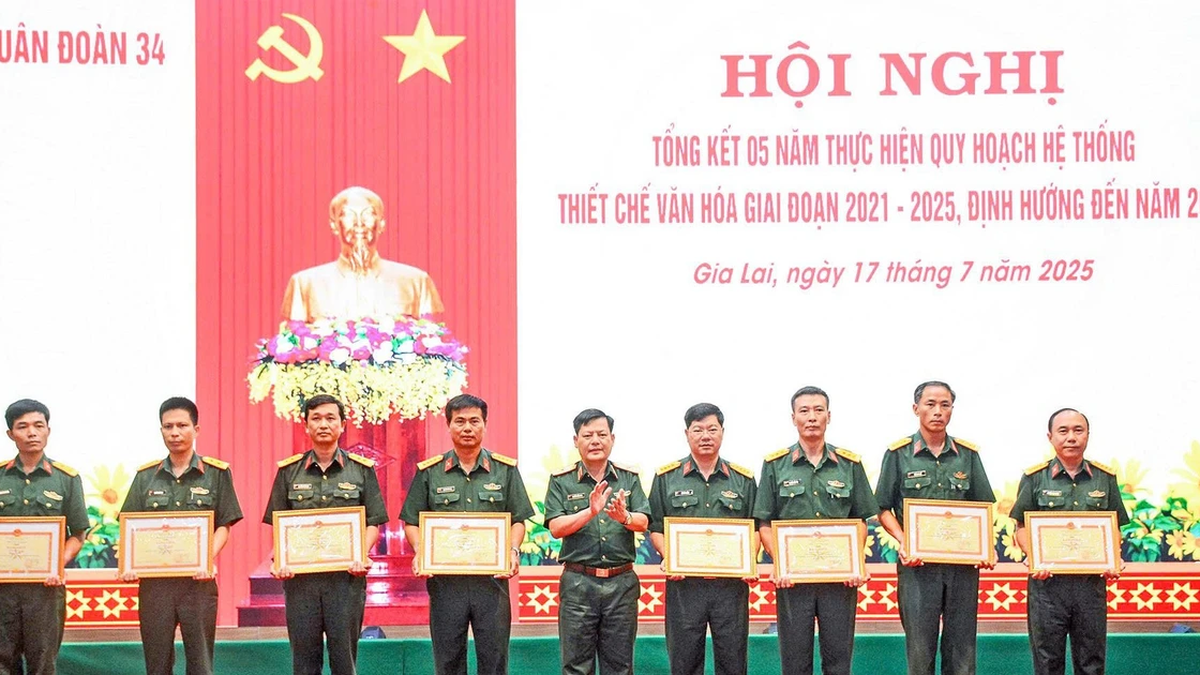
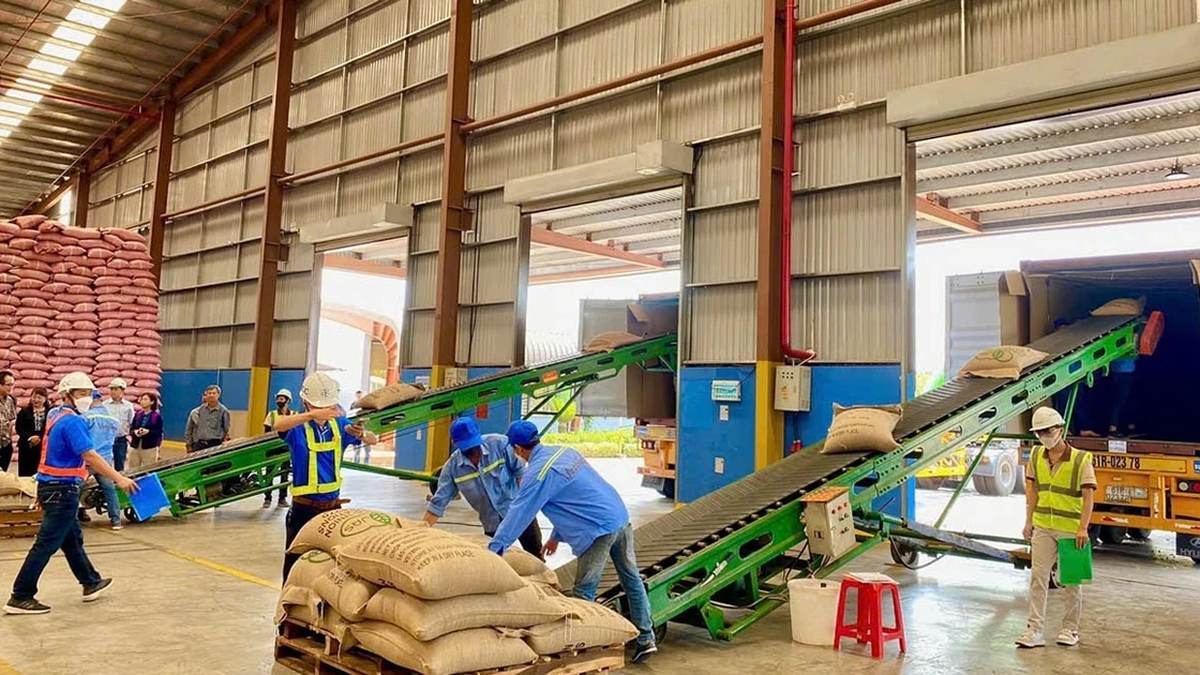
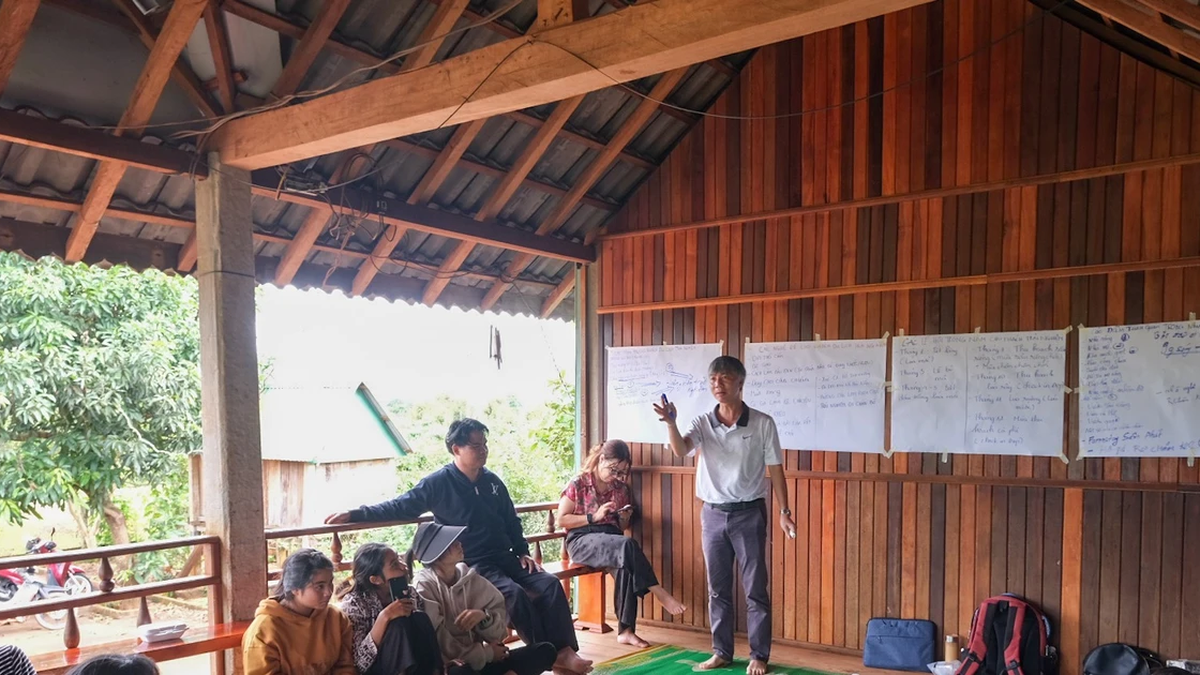
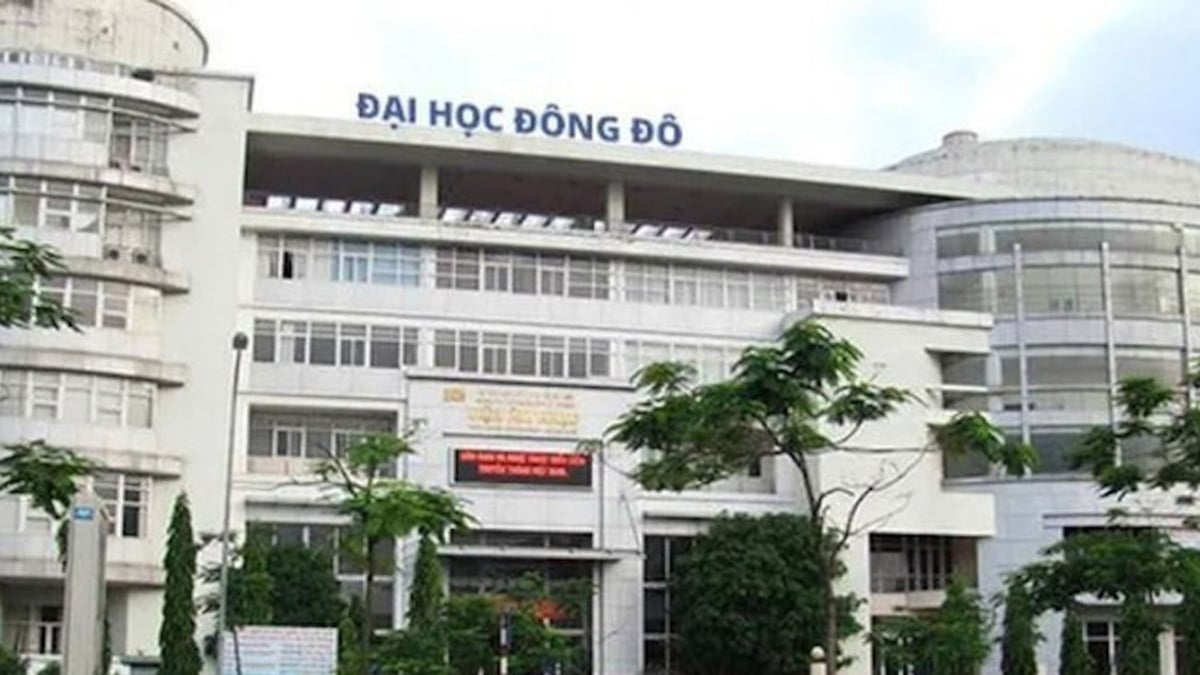
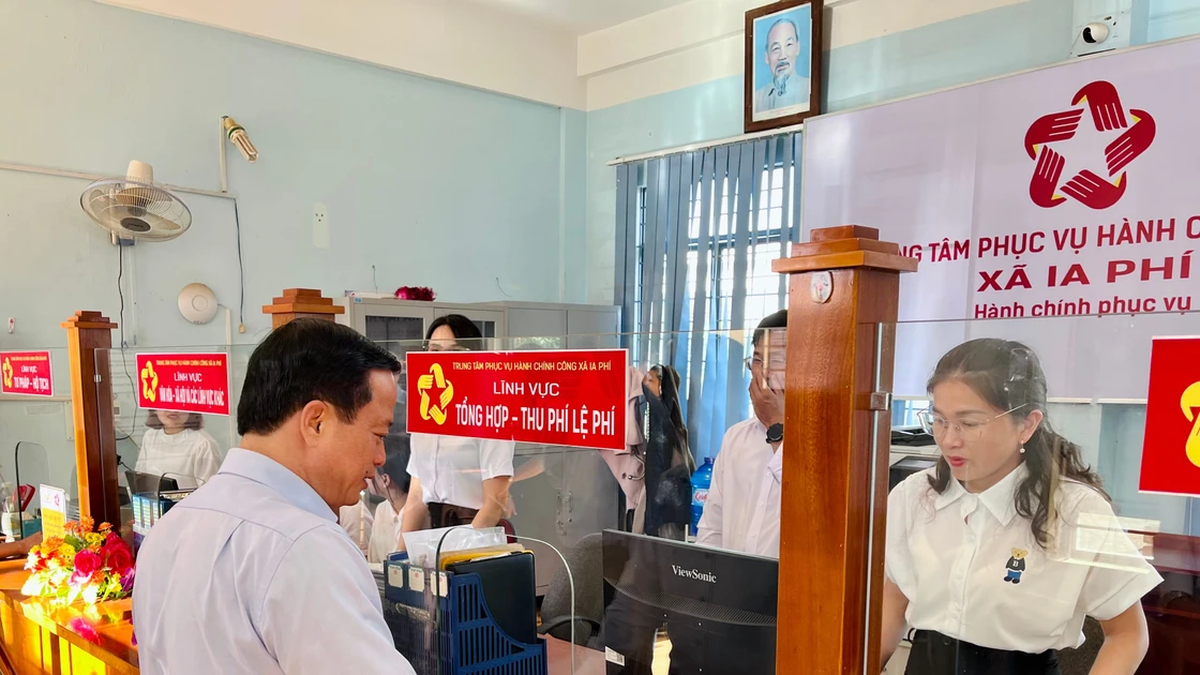
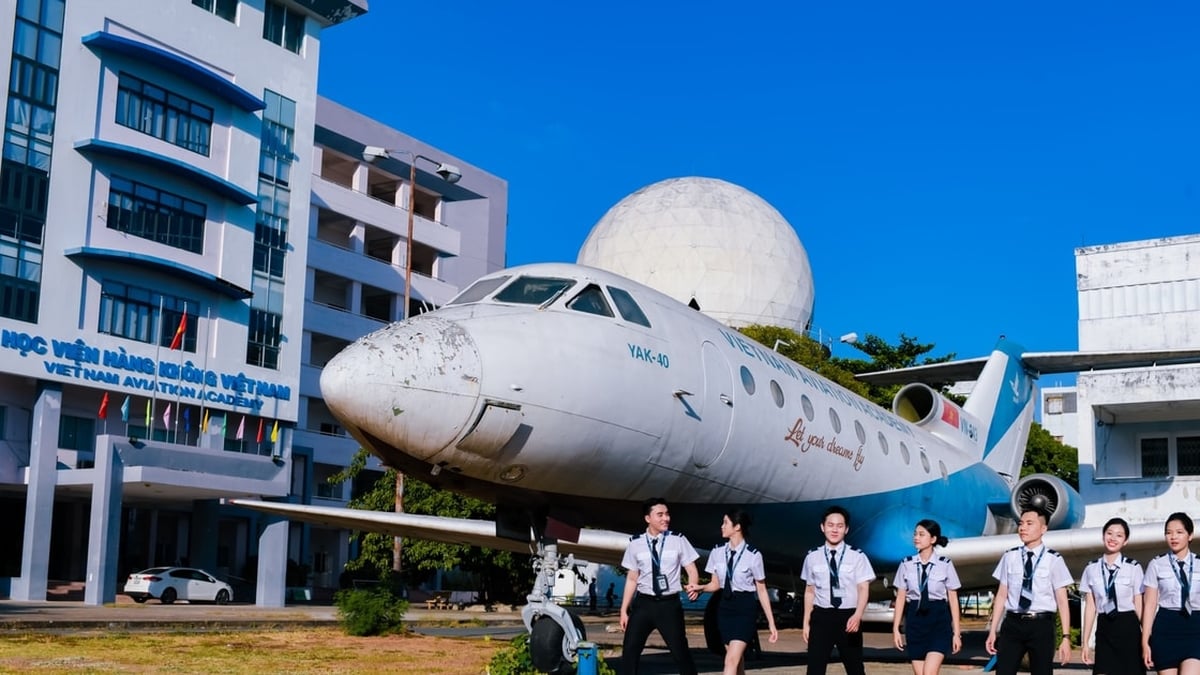

















































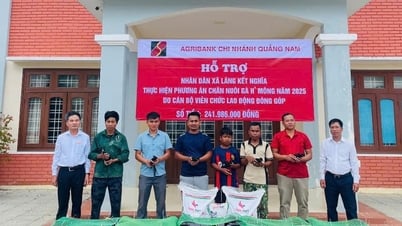






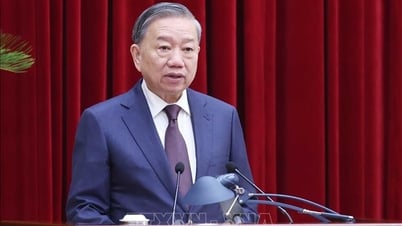

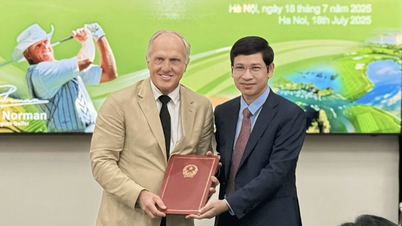

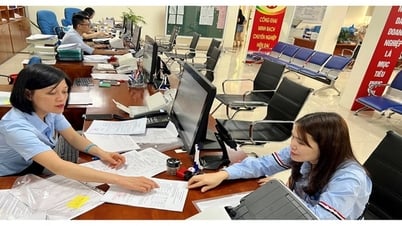


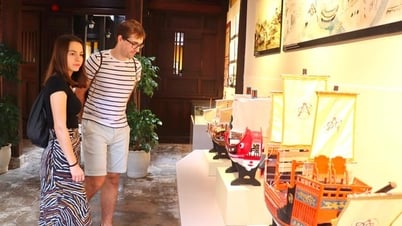

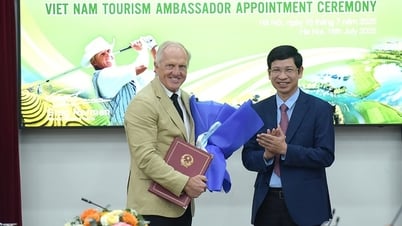

















![[Infographic] In 2025, 47 products will achieve national OCOP](https://vphoto.vietnam.vn/thumb/402x226/vietnam/resource/IMAGE/2025/7/16/5d672398b0744db3ab920e05db8e5b7d)







Comment (0)